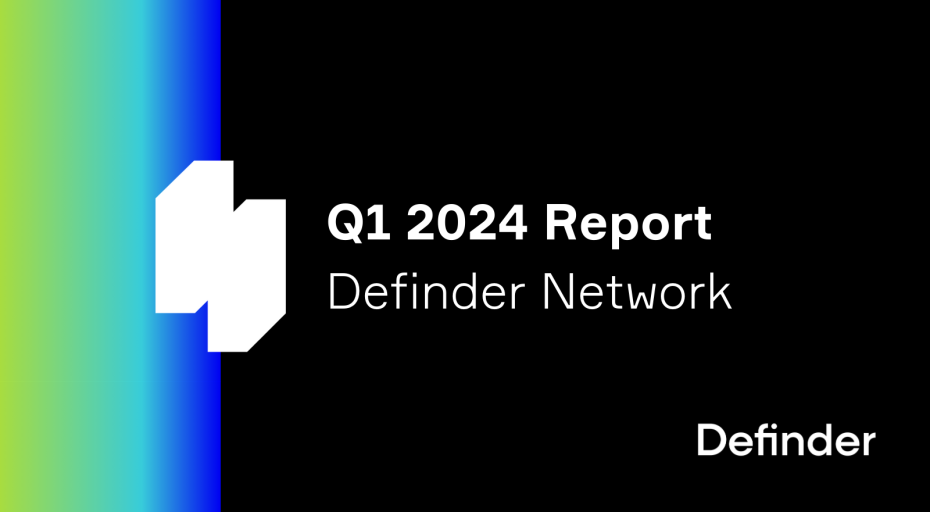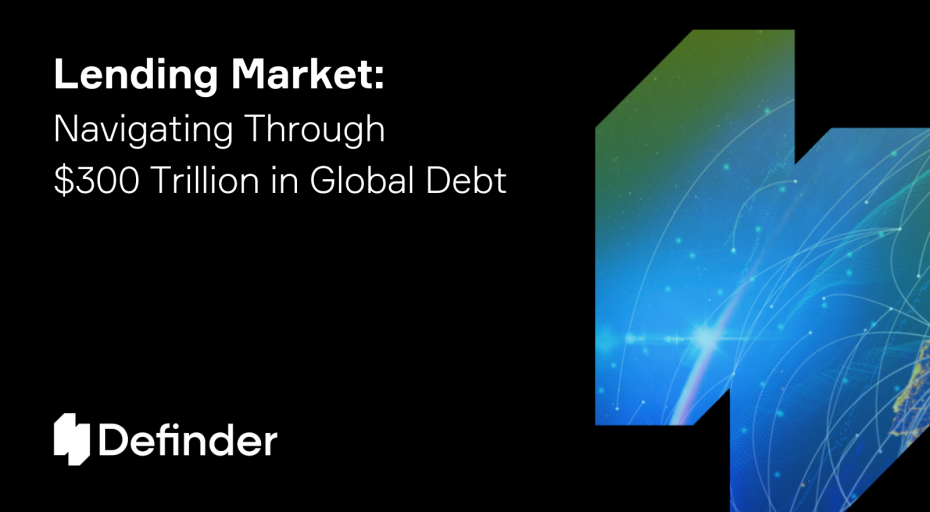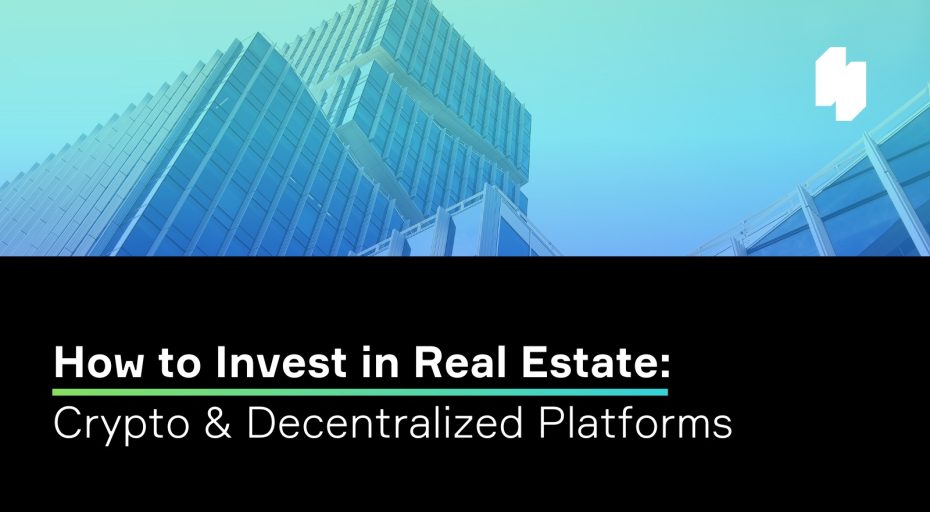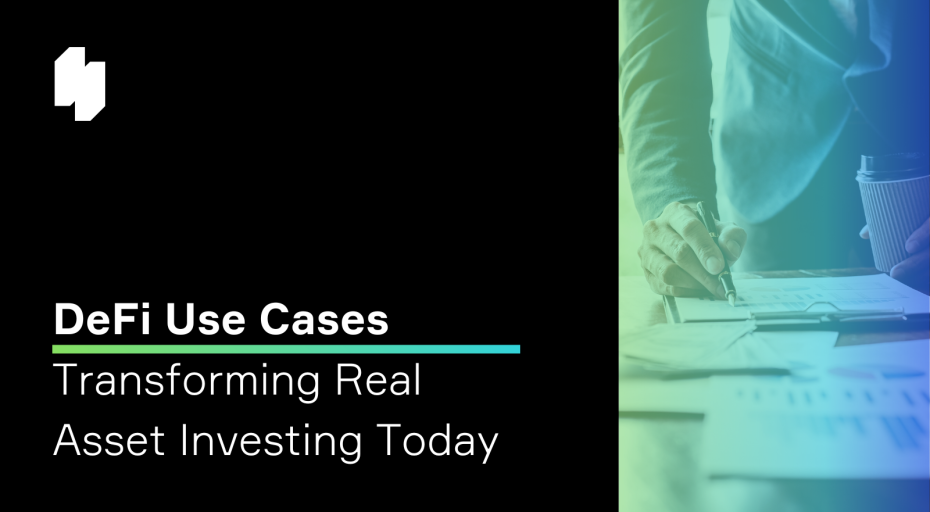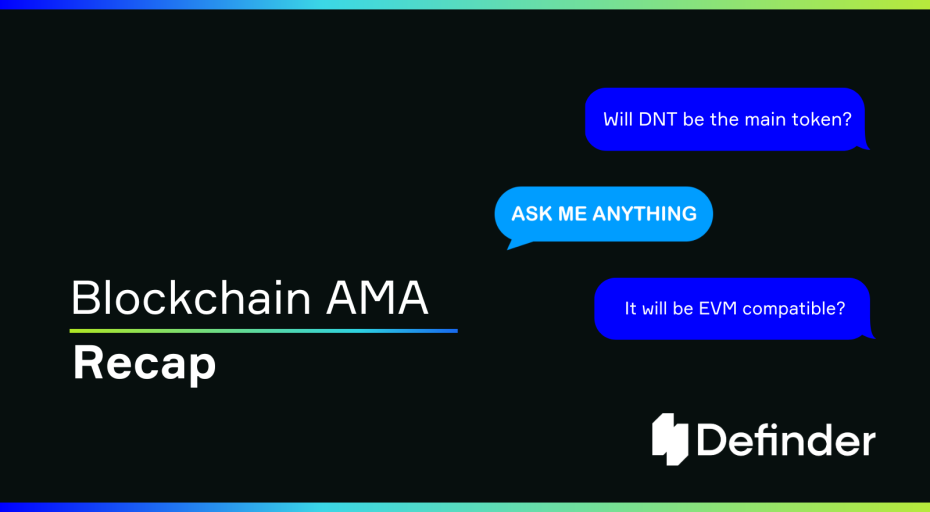Five Insights about Blockchain from Rajat Sharma, Business Advisor for Asia at Smartlands
Earlier this month Rajat Sharma, who is currently working as the Head of Sales and Alliances (Southeast Asia and South Asia) for the eBaoTech Corporation, joined our Smartlands team as an Advisor for Asia. Rajat is an advocate for blockchain technology, and believes that blockchain is a key development of the 21st century – influencing the cryptocurrency market, which is now moving towards disrupting the financial world order that has been solid for decades. Moreover, Rajat is an active supporter of the idea that blockchain can bring dramatic changes into any industry, influencing the way people and businesses interact with each other.
We asked Rajat to share his insights about how blockchain will impact the economy in the next several years:
#1 Blockchain has potential to add value to any sector of an economy
Blockchain is a powerful technology that is already affecting different industries, and we need to get prepared for the cross-industry innovations it offers. Especially, it is going to impact developing countries – in Asia we can already see that blockchain has been disrupting such traditional industries as finance, real estate, agriculture, and healthcare. Since in developing countries all those industries are not functioning perfectly, blockchain is bringing the structural change into those fields which is having a huge positive impact on the economy. If we look at Singapore, there are lots of banks that have already adopted blockchain, and many others are taking their first steps towards it – in cross-border payments, for instance.
#2 The border between ICOs on blockchain and equity financing is softening
Cryptocurrency investments are the most obvious future practice. Not only private investors, but venture companies, are contributing in tokens nowadays. The rise of ICOs has been forcing venture capital companies to reconsider the financing mechanisms they offer. For example, two of the most recognized venture capital companies – USV and Andreessen Horowitz – have started to increasingly invest in public blockchains. Smartlands has taken the right approach towards legitimately tokenizing real-world assets, and building a platform for issuing asset backed tokens (ABTs). I think in order to smoothly develop asset tokenization practices, Smartlands should start with small real estate projects to prove the model and, as soon as the process is clarified, shift to larger projects.
#3 Regulations weigh down the adoption of blockchain and at the same time, blockchain needs regulation to mature
Regulations are one of the biggest obstacles for blockchain development and asset tokenization at the moment. I can see, for example, several real estate companies that are interested in asset tokenization; they have their own point of view on how they are going to tokenize their businesses. I can see two main ways for how it is possible to overcome this issue. First of all, someone has to take responsibility and start to educate the mass market about blockchain and crypto assets, so it will facilitate the adoption of the blockchain. At the same time, it is important to develop certain standards that would serve as a benchmark for all the participants of the market and help create an entire set of documents with processes and rules to follow. After the standards are created, a way should be developed regarding how to communicate them to market participants, so they can understand how to manage asset tokenization.
#4 Smart contracts are the future of business
Smart contracts are a game-changing tool that can transform the ways businesses deal. They automate traditional contract management, and structure business processes in an ultimately new way. Because of the transparency and neutrality created by blockchain, it makes setting up contracts easier, because the conditions are highly visible, making the level of trust higher. Smart contracts are able to facilitate anything of value such as money, physical assets, or shares, in a transparent, conflict-free way of processing deals. Without the involvement a third party, such as a bank.
#5 Securities on a blockchain is going to be very much on trend
Security tokens on a blockchain has a potential to be very much on trend, as they could digitally represent any number of real-world assets, from pieces of arts or lands, through to real estate property or company shares. Since decentralization adds a new level of transparency to all kind of transactions, many fintech startups are keen on developing asset tokenization solutions. In the next few years we will see the development of the new blockchain-based solutions that offer businesses a simplification of the complex technical and legal processes of a successful tokenization, and launch of legally regulated financial products.

